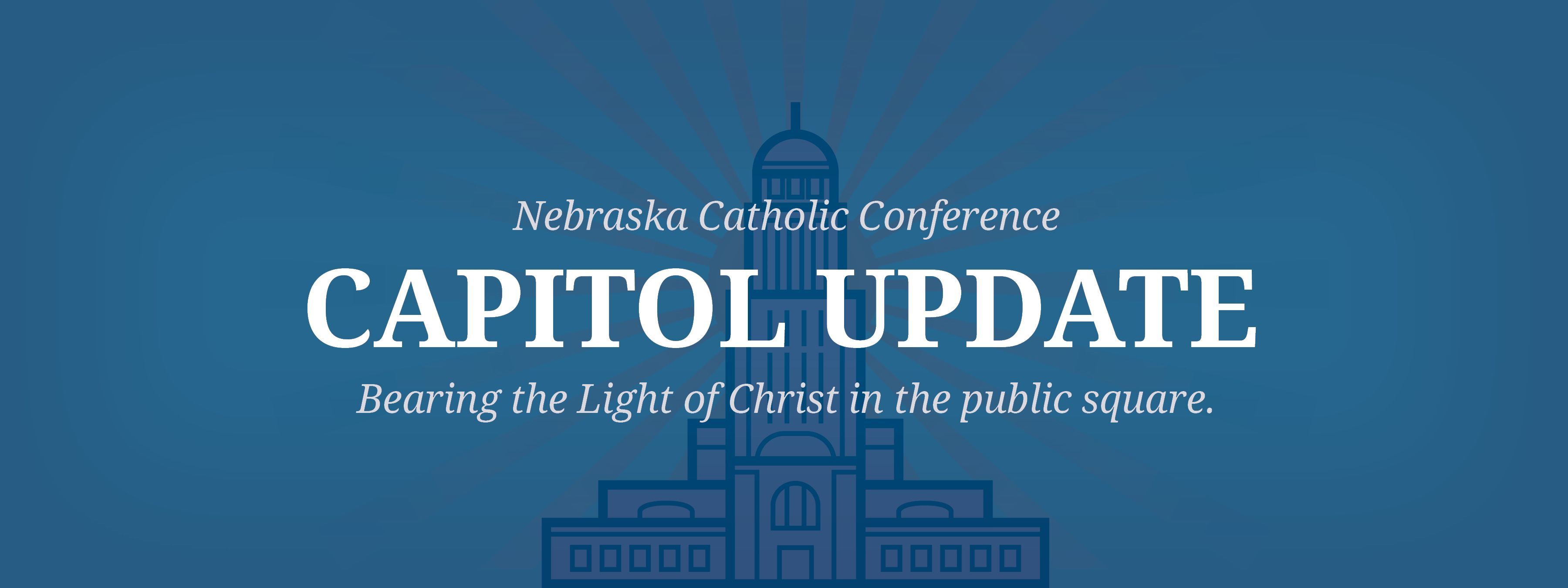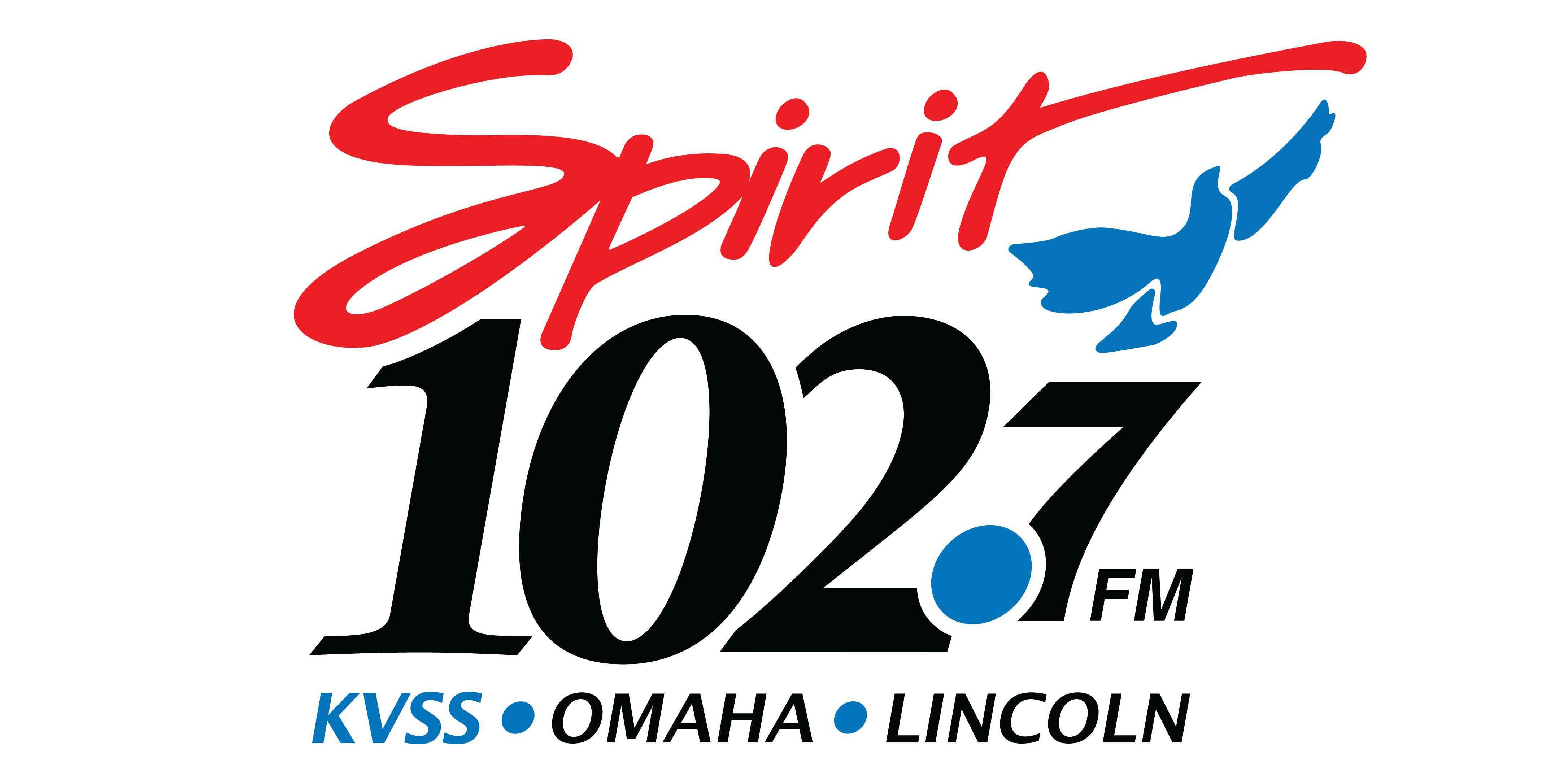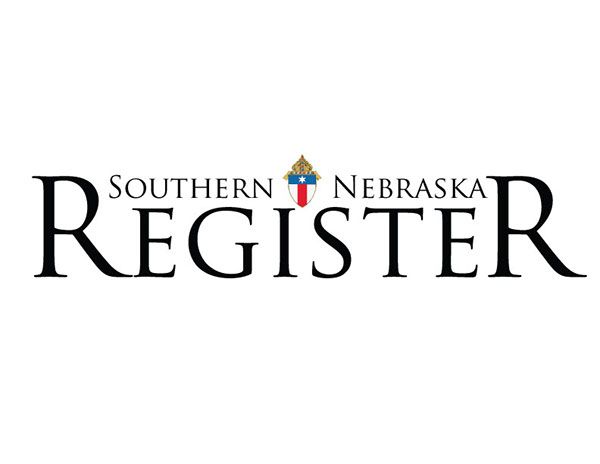Before I dive into this week’s column, it’s one of those moments where I’m writing before an event takes place, but by the time you read this column the event will have already occurred. This time the event is second round debate on LB626, the Nebraska Heartbeat Act. Legislative debate on this life-saving legislation will have occurred on Thursday, April 27, shortly before this column hits your mailbox. Lord willing, we are another step closer to protecting preborn babies with heartbeats—and I will, of course, write more about this at a later date. Thank you to all those who joined Bishop Conley on Wednesday in making a special act of prayer or fasting for the advancement and passage of LB626. It is these acts of sacrificial love that “move mountains” and bring about the culture of life we desire for Nebraska.
As we hear in the Gospel of Matthew, chapter twenty-five, the Lord calls upon each of us to provide for the needs of the vulnerable in our society. Among these needs, our Lord calls us to give food to the hungry. Jesus goes so far as to say that when we feed the hungry, we are feeding Him; and when we don’t feed the hungry, we are not feeding Him. Jesus’ words are stark. Providing food to the hungry is not something we do if we feel like it, but it is a moral imperative which affects our salvation.
This Gospel imperative is rooted in the dignity of the human person. As the United States Conference of Catholics Bishops has stated: “The dignity of every person must always be respected because each person is a precious child of God. In light of our commitment to the right to life of every person, we believe all people also have basic rights to material and spiritual support, including the right to food, which are required to sustain life and to live a truly human existence. This clear commitment to the dignity and value of every human life must be reflected both in individual choices and actions and in the policies and structures of society.”
Providing food to the poor is not only an individual responsibility but also a communal responsibility. It falls to us as families, private associations, neighborhoods, parishes, cities, counties, the state, the nation, and even the world. Each of these “cells” of society has a role to play in meeting the needs of the hungry.
Access to food, then, is also a public policy matter. We need to do things like donate to the local food pantry, and we also must ask ourselves: what can our state do to ensure our laws make provision for those who are hungry?
The Nebraska Catholic Conference has regularly supported legislation to increase access to the Supplemental Nutrition Assistance Program (more popularly known in years past as the food stamps program). SNAP ensures that we—as a government (or community of persons)—are meeting the needs of the hungry.
The way SNAP essentially works is that if an individual meets certain poverty markers he or she is given a certain allotment to purchase food.
In the throes of the COVID-19 pandemic, the Nebraska Catholic Conference supported legislation to increase the “gross income eligibility threshold" from 135% of the federal poverty level to 165% of the federal poverty level. For context, a family of three at 165% of the federal poverty level makes about $38,000 a year. If a family meets this poverty marker, it becomes preliminarily eligible for food assistance.
This legislative session, Senator Jen Day of Gretna introduced LB84, which would maintain the increased income eligibility threshold we adopted during COVID. This would keep thousands of families eligible for critical food assistance.
While the pandemic is in the rearview mirror, families facing food access issues remain ever present. Present problems, like inflation, place tremendous pressures on the working poor and hinder their ability to access food. Our Catholic charitable agencies, such as Catholic Social Services and Catholic Charities, are all to familiar with this need, and are experiencing record need for food. This is a need they alone cannot meet. It is a need that must be met by the broader community, including government.
To borrow from Pope Francis, the “scandal of hunger” should “challenge our personal and social conscience” and lead us to implementing lasting solutions to this tragedy. LB84 can be part of this “lasting solution.”
Thankfully, LB84 recently made it out of the Health and Human Services Committee on a seemingly miraculous unanimous vote. As we strive to get this bill passed this legislative session, please e-mail your state senator and ask him or her to support this legislation and help us address the “scandal of hunger” that Christ calls us to address. God bless your efforts!







